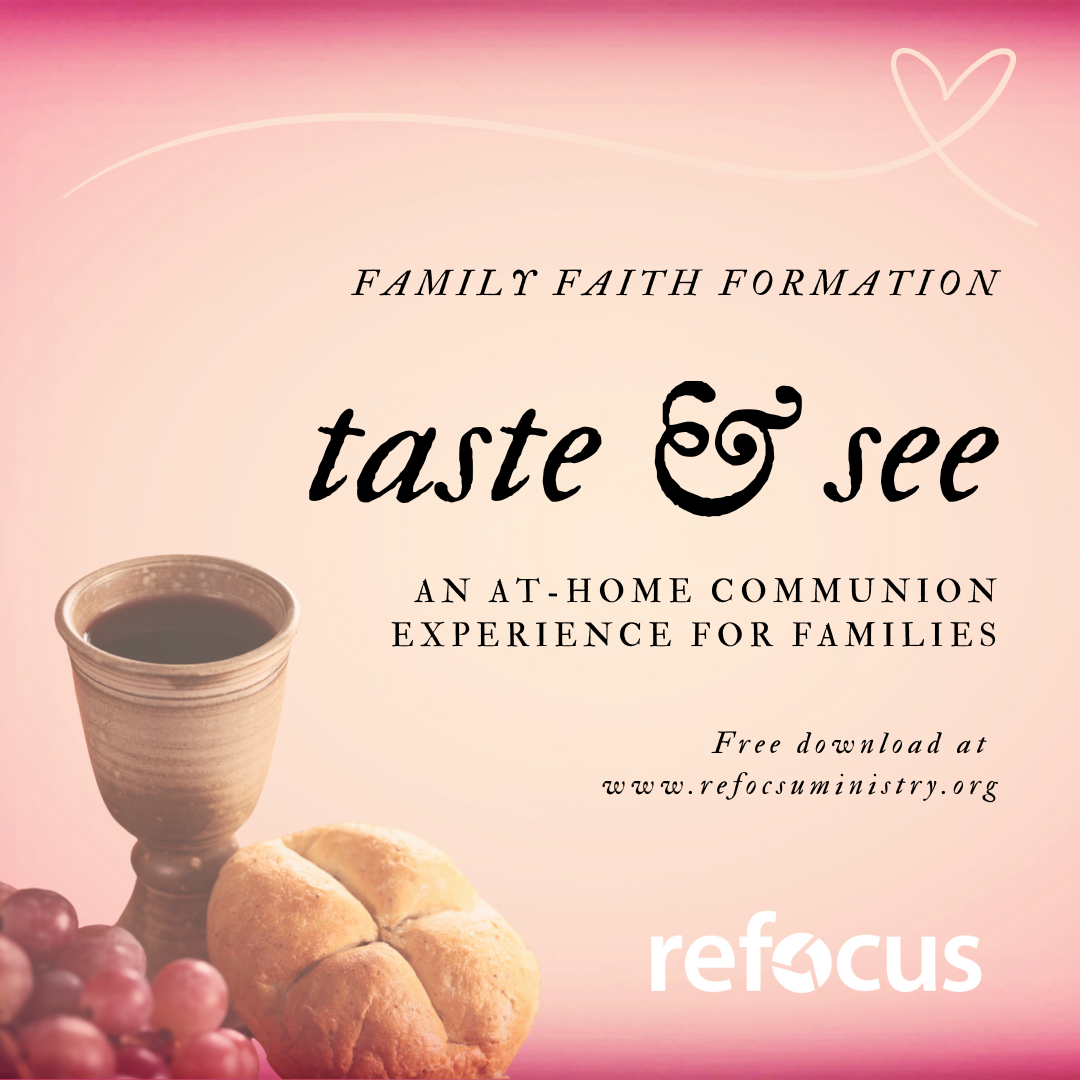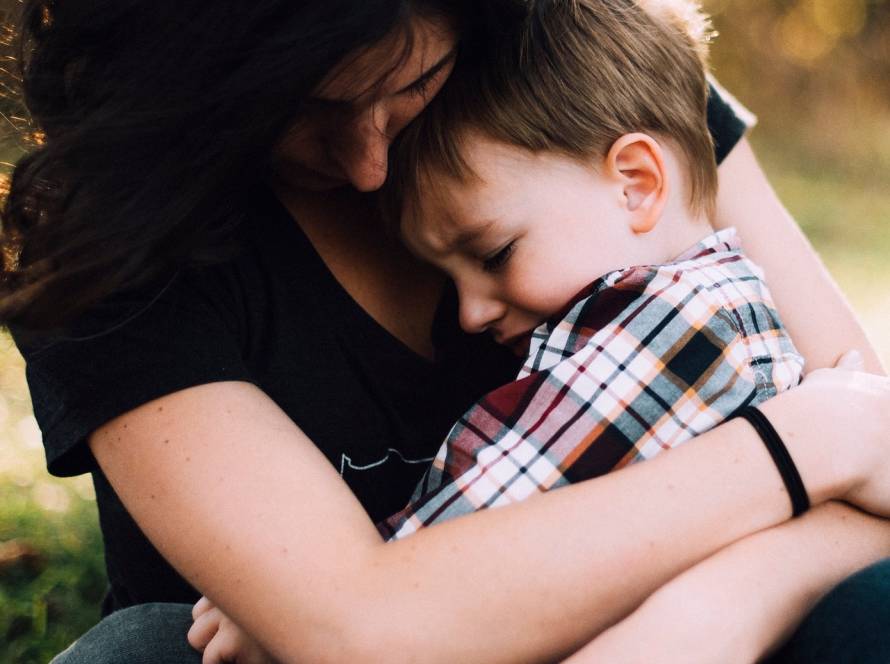I am living in a snow globe.
It’s been snowing, icing, and flurrying in my neck of the woods for about a week now and my home, with its bay window in the front and patio doors in the back, make me feel like I’m in a snow globe. It’s magical and beautiful and small. It’s so small. I’m not a big cabin fever person – I actually like staying home – but I recognize that my cozy, quiet, small experience is not shared by every person going through this storm.
My friends with younger kids are exhausted and ready for school to “please re-open already!” My older friends are concerned about getting their meds and staying warm. My friends with teenagers are worrying about screen time and isolation and my young adult friends are concerned about missing work and making sure they have enough money to pay bills this month.
My cozy snow globe experience is mine. It is not invalidated by the fact that others have different experiences, but it could lead me to assume that everyone is having just as much fun as I am staying home and watching the snow.
Unfortunately, this is exactly what happens to so many of us without us even realizing it. And the culprit isn’t snow – it’s age segregation. Let me explain.
According to a 2023 study of a group of U.S. young adults ages 21 to 30, more than 80 percent of the people in their social circles, not counting their relatives, were born within five years of them. Looking at a broader age range, nearly 63 percent of adults don’t have any close friends who are at least 15 years older or younger than them, according to a 2019 survey (Source).
We’ve effectively imprisoned ourselves in “snow globes” or, as it is more commonly known, fishbowls, where the majority of people in our lives are living parallel experiences and share our opinions, ideas, and practices. And it becomes very easy to assume that our lived experience is everyone’s lived experience; that the algorithm of life is the same for most if not all people. And it becomes equally easy to begin to judge people in other snow globes as being “out of touch” or unreasonable. We may even make up derogatory names for them like “Karen” or “Boomer” or we may say things, “Kids these days” or “Young people just don’t want to work nowadays.”
And suddenly, our world becomes very small and our experience becomes very narrow and we become more and more isolated from one another.
Don’t take my word for it. The research bears this out. Age segregation has contributed to widespread social issues like ageism, generational enmity, and loneliness (Source). It fosters distrust, stereotypic thinking and cross-generational misunderstanding. It accentuates competition over public spending: whether resources should be devoted to Social Security, Medicare and services to seniors or to education and childcare. It is accompanied by the growth of ageism: disparaging groups of based on their age—from adolescents to the elderly (Source).
And how does it impact the church?
Since the separation of ages and the perception of differences mirrors that of our society, it’s easy for us to think “that’s just the way it is.” But it’s important to note that it wasn’t that way for centuries. And equally as important to note that the impact on the church is a substantial one. Why?
Because our faith is primarily passed from one generation to another.
That means in order for “one generation to praise Your works to another” the generations must interact; they must be in the same geographical space, speaking to each other and building relationships with one another if generational discipleship is to occur (Ps. 145:4).
One of the first longitudinal studies done on youth in regard to church attendance post high school once the Millennial decline became apparent was done by Fuller Youth Institute in 2006-2010 and they released their findings here. Their research found was that while most U.S. churches focus on building strong youth groups, teenagers also need to build relationships with adults of all ages.
Further research showed that while there was no “silver bullet” churches that encouraged intergenerational connections and worship and youth that felt involved and connected to the larger church had a much greater chance of remaining in church post high school. (The findings can be found here).
In 2016, they released a new study called “Growing Young” that looked at churches that were continuing to “hold onto” their young people and even grow in the Millennial sector of their congregation. One of the key reasons they found for that was “Warm intergenerational relationships” at that “involving young people in every ministry has allowed these churches to thrive with authenticity and intergenerational relationships” (Source).
As much as we may like our cozy snow globe experience, the truth is, we need a much bigger one. We will be healthier and happier people with friendships of all ages in our lives. And our faith stories and formational experiences will bear fruit when we create spaces for connection, relationship, and discipleship across all generations.
ReFocus in 2025
Here’s what to expect!

- 1 New Family Faith Formation curriculums – Our final block for our Family Faith Formation curriculum, Gospel Tools will come out in Spring 2025. These family-focused curriculum blocks help parents/caregivers gain the tools they need to develop discipleship-at-home practices in a community setting. The family learns together with other families how to interact with each other around topics of faith, formation, and fun. You can see our current offerings HERE.
- Quarterly Free Resources – That’s right! FREE! Each quarter we will offer a free resource to help your families at church and at home to actively engage with Scripture and each other. For our current FREE Resources, check out our website!
- ReFocus Roundtables – ReFocus Roundtables are online discussions around relevant topics in children, youth and family ministries focused on finding ways and spaces to connect generations for discipleship. Each Roundtable has it’s own unique topic such as Including All Ages in Sunday Worship and Developmentally Appropriate Church. We will be hosting 1 each quarter so keep your eyes ope to see how and when you can join us!
- Family VBS Adaptor Curriculum (Make ANY VBS a Family VBS) and trainings for your whole team! – We are incredibly excited about this! We’ve had so many people reach out to us around the topic of creating and running a Family VBS, we’ve decided to put together a resource to help you take any VBS curriculum and turn it into a Family VBS. In addition to the Curriculum Adaptor, we will offer trainings for your team and one-on-one coaching as needed. Details to come!
To get added to our mailing list and receive first dibs on all our offerings, drop an emoji below and send us your email address via messenger or to christina@refocusministry.org!
Free Valentine’s Discipleship Resources

Celebrate the Love of Christ this February with a Family Faith Formation at-home communion experience.
This celebration is easily adaptable to your denominational tradition and offers a space for families to reflect on the greatest Love of all – Jesus.
You can find all of our current available resources at the links below
About the Author

Christina Embree is the founder and director of ReFocus Ministry. She holds a masters in ministry focused on Children, Youth, and Family Ministry and a doctorate in spiritual formation with a focus on age segregation and intergenerational ministry. In addition to coaching churches of multiple denominations and traditions all around the globe, Christina serves as the Minister of Generational Discipleship for the Great Lakes Conference of the Brethren in Christ and as a pastor at Plowshares Brethren in Christ in Lexington, Kentucky. She is widely recognized as a speaker and author in the areas of generational discipleship, intergenerational ministry, and family ministry. As the mother of three children, she is familiar with the challenges of faith at home and pastoral ministry. She along with her husband Luke share a love for the church, their community, and the global work of peace and restoration through Jesus.
Interested in having Christina visit your church, speak at your conference, or coach your team? Christina speaks on a wide range of topics related to children, youth, and family ministry with a unique focus on connecting generations for discipleship within your church. Her personalized approach allows you to pinpoint the needs of your community and gain the insight that you are looking for. Whether this is a volunteer team training and pastoral staff meeting or a ministerial conference, her experience and knowledge will help you determine the next step forward in creating lifelong disciples.
Learn more at https://refocusministry.org/speaking-coaching/ and fill our our Speaker Interest Form at https://forms.gle/5Xzs5BE8pfyU2top9 to receive a personalized response.



